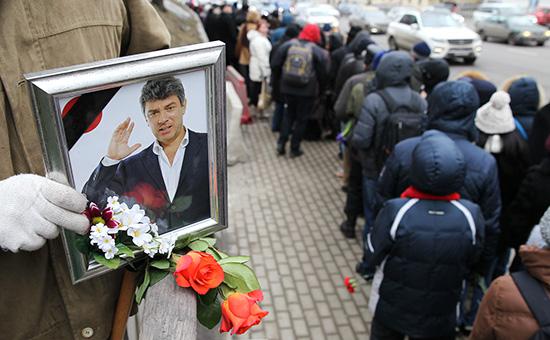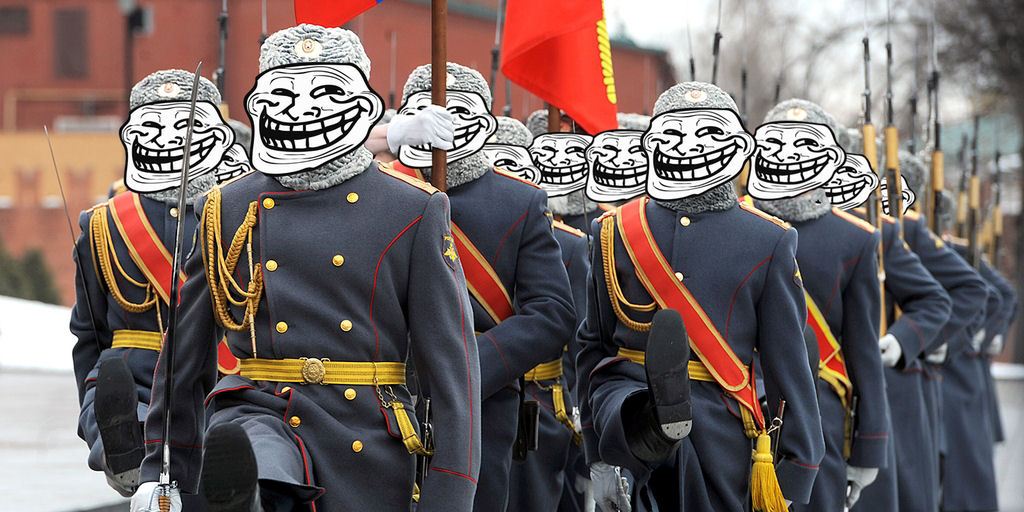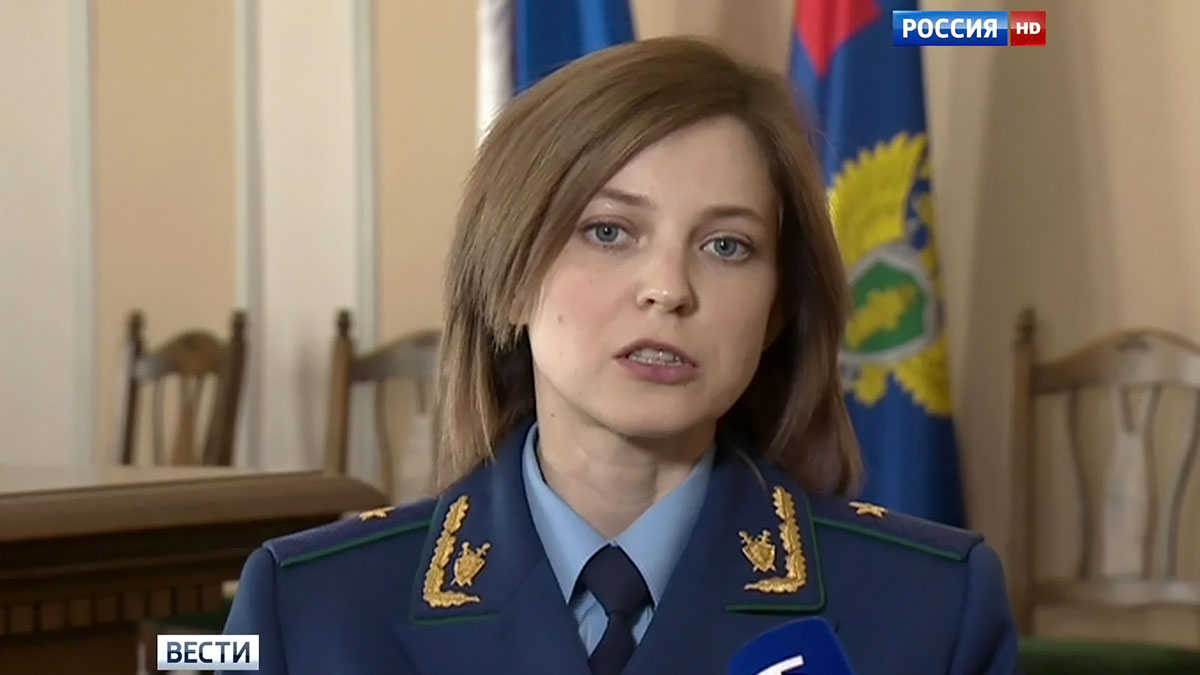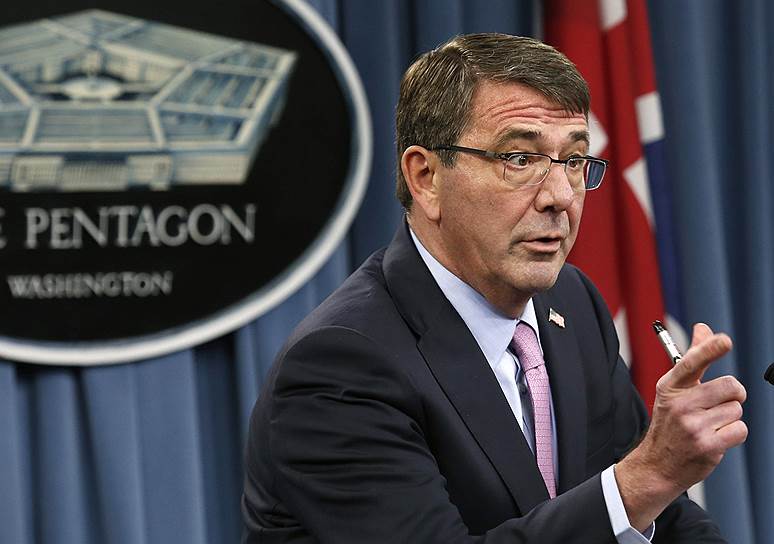To survive, Putin needs to corrupt the Russian people by promoting the idea that “enemies of the people” are to blame for any shortcomings, Lev Shlosberg says, but this hatred “in the first instance will destroy those who hate” and the kind of hatred the Kremlin is promoting will ultimately “destroy the current Russian state.”
In a commentary entitled “The Weakness of Hatred,” the Pskov legislator says that the recent murder of Boris Nemtsov shows that Putin and his regime are prepared to defend their power “regardless of the cost,” something that does not bode well for Russians and Russia in the future.
For the regime to achieve its goals, the Russian population must be corrupted to the point at which it will define as enemies of the people all who think differently, all who do not agree with the illegality and arbitrary actions of the authorities, and all who are prepared for independent thought,” Shlosberg says.
That in turn requires the authorities to promote the notion that the country is “a fortress under siege” and that its occupation and destruction is the dream of “unnumbered enemies – enemies of the authorities, enemies of the people, and enemies of Russia.” Indeed, it increasingly conflates all three of these categories.
To that end, he writes, the authorities must transform “human dignity, the right to opinions and convictions, to human life itself as trash worth nothing,” and they must “make hatred a measure of the permissible in the fate of the individual and the fate of the country” as a whole.
That is possible, Shlosberg says, only if “the inborn instinct of good, the capacity for self-criticism, for tolerance to a different opinion, and a willingness to acknowledge mistakes” is destroyed as well as is destroyed any effort to strive for a good and peaceful basis for human existence.
Once that is done, “the destruction of citizens who think differently becomes for millions of people the only accessible means of self-assertion, self-realization, the materialization of thought,” and the only means the authorities allow for people to overcome the “deep complex of incompleteness” both of themselves and of the regime.
At present, Shlosberg says, “the Russian state has succeeded in this barbarous task” to an extent that no other state has except perhaps North Korea “and several African states.”
Moscow has organized its own “Russian red guards,” it has secretly invaded a neighboring country and secretly buried its own soldiers, and it has “filled the streets” with people crying for blood out of hatred. Even more, it has reversed the meaning of good and evil within its borders.
In such a state, he continues, “there cannot be independent courts or honest elections, there cannot be defend the right of private property,” and only with difficulty can there be any “freedom of speech or freedom of mass information” lest “a ray of truth dispel all these dark medieval hatreds.”
 “It is very difficult to live in such a state,” Shlosberg says. This situation “destroys people from the inside out, keeps them in permanent stress from which the individual often sees a way out only by means of asocial and destructive activities, including crimes and including even murders.” And that is something which the state itself is not in a position to control.
“It is very difficult to live in such a state,” Shlosberg says. This situation “destroys people from the inside out, keeps them in permanent stress from which the individual often sees a way out only by means of asocial and destructive activities, including crimes and including even murders.” And that is something which the state itself is not in a position to control.
But there is a horrific downside to all this, one that ultimately points to its demise: “Hatred makes an individual and a state weak. Hatred deprives an individual of the ability to love, create, and build. Hatred toward an enemy will help only in war” and only when the enemy is clearly and specifically defined.
Hatred of a more general kind “cannibalizes the people” and ultimately cannibalizes the state as well. Moreover, hatred is “a very poor material for state construction, but before destroying itself, such a state will first destroy the best part of the people, the sincere, the peace-loving and the good” or drive them out.
“Hatred is insatiable,” Shlosberg says. A state based on hatred needs “100 percent” hatred, but “the Russian state will not be able to achieve this goal.” There will come a time when the formerly stupefied population “will suddenly see for itself what this state was” and how it has cost “the life of millions. And it will be horrified.”
At that moment, it will wake up as the Germans did in 1945, he argues, but they did so only after the loss of “tens of millions” of lives, the loss of a war, and the destruction of their own country. And they did so only because they were forced to “recognize the truth through a court, to be horrified, and to repent.”
“Without repentance,” Shlosberg says, “the salvation of the people is impossible. Hatred and repentance are incompatible. Like the greatest evil and the greatest good. History never repeats itself, but it also never changes its rules.”
“The state of hatred in Russia is doomed; the state of good and reason does not now exist in Russia,” he concludes. “But it will.”








